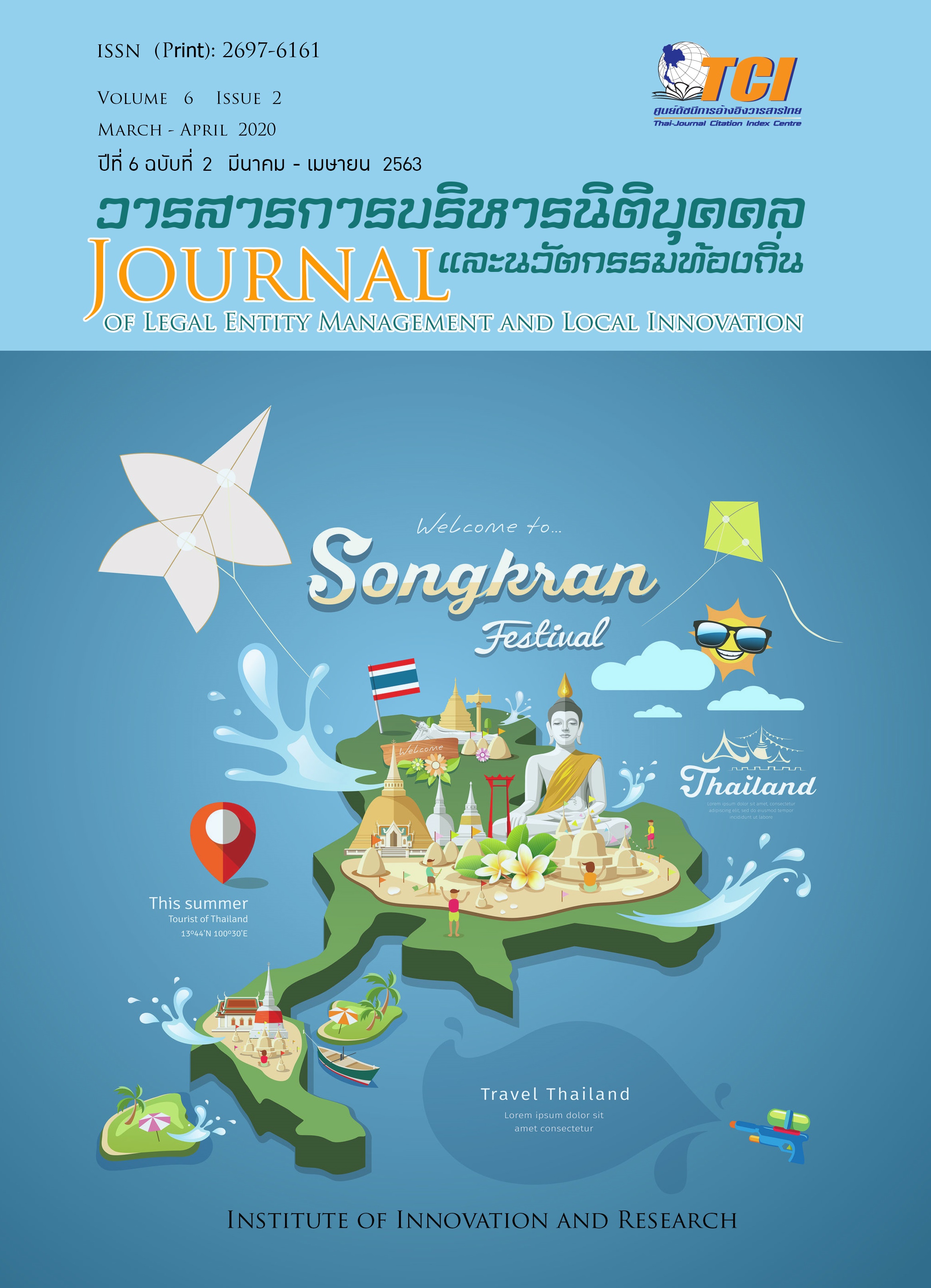Civil Society Participation in Efforts to Uphold Democracy Under Authoritarian Regimes: a Case Study of Thailand and Indonesia
Keywords:
Democracy, Authoritarianism, New Order, Indonesia, RedshirtAbstract
This article explains the similarity of military involvement in government in Indonesia, the conditions of government in Indonesia when President Suharto served as president, the longest presidential term in Indonesia reached 32 years, as president with a military background in his administration highlighting authoritarian leadership styles, with authoritarian leadership styles that had a high tenure impact, until 1998 as a good point for democratic enforcement reform. The era of President Suharto, which was almost similar to the government in Thailand, was similar when community participation in Indonesia occurred during the leadership of President Suharto (Student Trisakti) Student Case and the coup in Thailand, there was a case of the redshirt massacre. Both of these cases provide an understanding of people's participation in achieving democracy. Enforcement of democracy is one of the rights of citizens, discussing the effort to transition to democracy is an effort of the people's desire to change the order of the government as a balance of power, so that the people themselves can control the performance of the government, so that the interests of the state are the interests of citizens, the government reflects the lives of citizens. The journey of government in Thailand also experienced ups and downs of the government system based on other literature reveals that political expectations in Thailand occurred a populist namely Thaksin Shinawatra. When the success of reforming a country is the most difficult thing to provide reform to all things and maintain, not only as an update but also must provide benefits to all levels of society. The citizen must be given space as a form of participation to the government so that a fair and prosperous democracy occurs.


